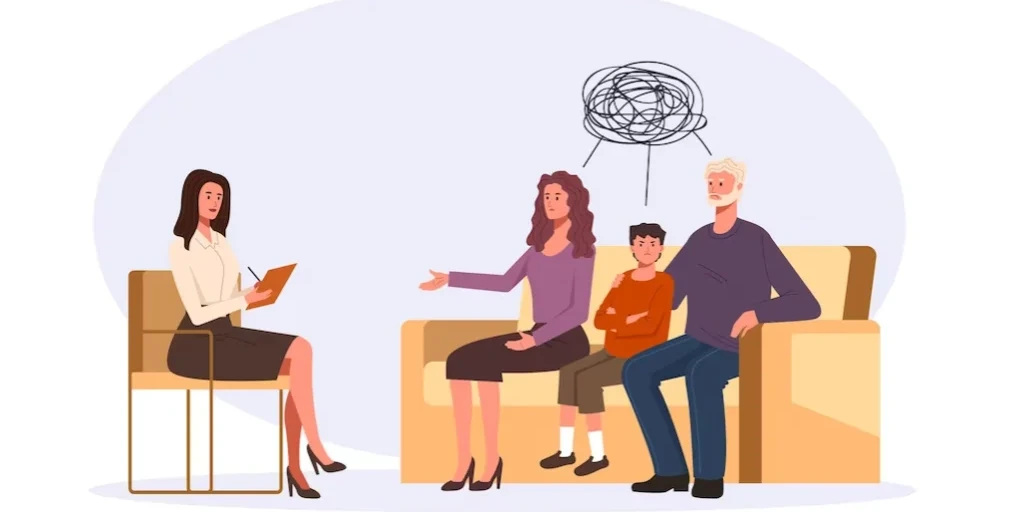24/7 Helpline:
(866) 899-221924/7 Helpline:
(866) 899-2219
Learn more about Depression Treatment centers in Piute County

Other Insurance Options

Health Choice

Choice Care Network

Excellus

Providence

Molina Healthcare

Absolute Total Care

Anthem

Regence

Access to Recovery (ATR) Voucher

Sliding scale payment assistance
Beacon

EmblemHealth

CareFirst

Private insurance

Carleon

Optima

Kaiser Permanente

Optum

Coventry Health Care

Medical Mutual of Ohio








































